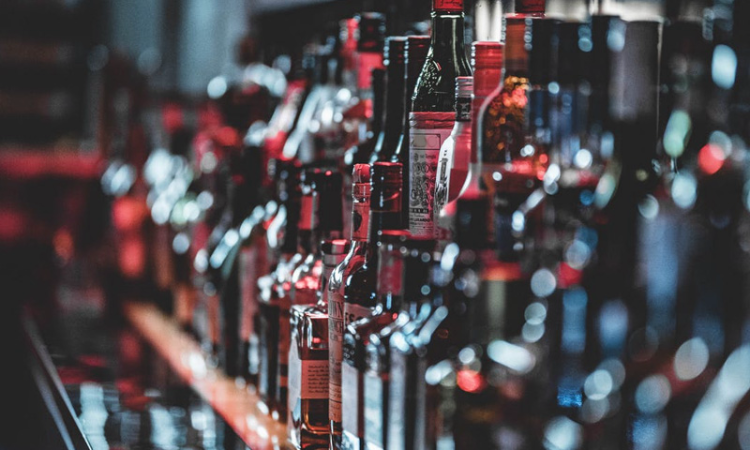Liquor Consumption In Clubs & Associations Require Valid Licenses, Cannot Act Beyond The Scope Of Registered Bye-Laws: Madras High Court
Sebin James
4 Jan 2022 9:33 AM IST

"...the legal position is that the prohibition is the law and buying, selling, possession and consumption of alcohol are regulated by the Rules in force", the court observed.
Next Story


